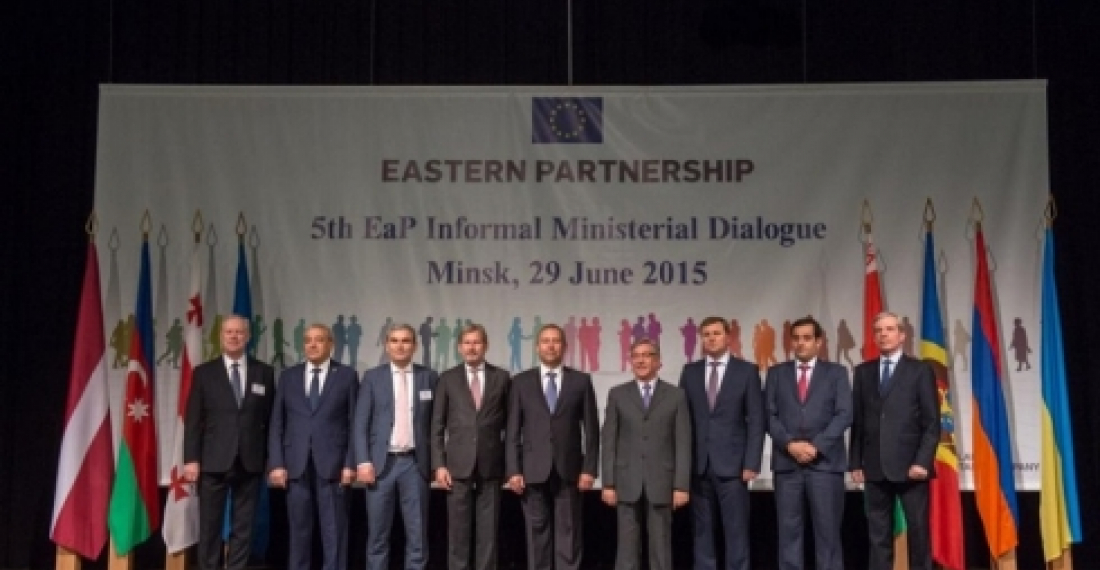Officials of the six Eastern Partnership countries and of the European Union are meeting in Minsk on Monday, in the first gathering since the Riga Summit a few weeks ago. The focus of the meeting is the Environment and the meeting is being attended by Johannes Hahn, EU Commissioner for European Neighbourhood Policy and Enlargement Negotiations, Karmenu Vella, the EU Commissioner for Environment, Maritime Affairs and Fisheries and Alain Le Roy, Secretary General of the European External Action Service.
The meeting is hosted by Belarus and brings together Ministers and high level officials of the six Eastern Partnership countries (Armenia, Azerbaijan, Belarus, Georgia, the Republic of Moldova, Ukraine) for a sectoral meeting on environmental issues and a session on foreign policy issues.
A statement by the European Commission said that the Informal EaP dialogue meeting will present an opportunity for Commissioner Hahn, Secretary General Le Roy and Foreign Ministers of the partner countries to engage in informal discussions to reflect on the results of the Riga summit and discuss how to take the partnership forward across the agreed cooperation areas. It will also be an opportunity to discuss foreign policy issues of common interest.
The meeting in Minsk will allow Commissioners Vella and Hahn, together with the Minister of Latvia currently holding the Presidency of the EU Council, to meet the respective Environment Ministers of the six EaP partner countries and discuss areas of common interest and shared challenges on environment, including implementation of multilateral environmental agreements.
The informal Eastern Partnership dialogues are held twice a year and hosted in turn by the EaP partner countries. They allow for open, informal exchange of views between the partner countries and the EU on foreign policy and sectorial issues.
source: commonspace.eu with the Press Service of the European Commission
photo: Environment Ministers from the Eastern Partnership Countries with EU Commissioners Hahn and Vella at the opening of the 5th Informal Eastern Partnership Dialogue in Minsk on Monday, 29 June 2015. (picture courtesy of the European Commission)






